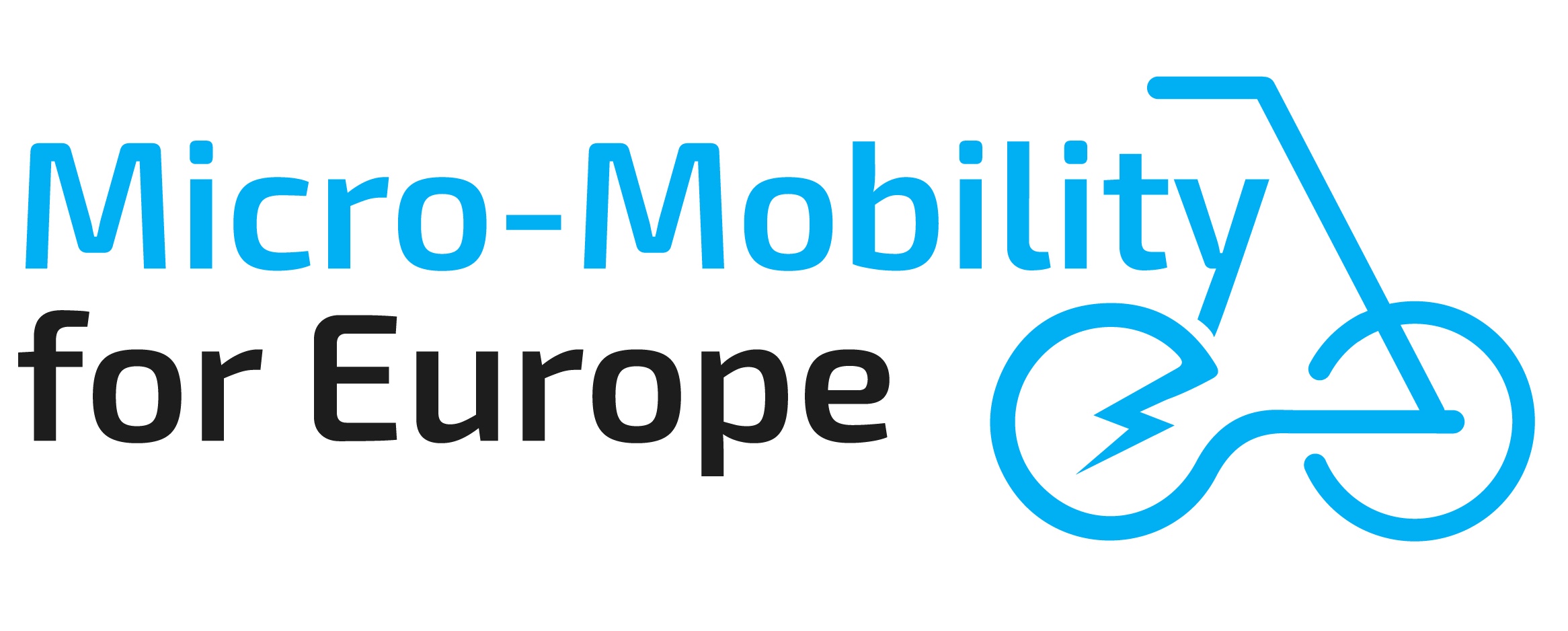January 2023
Micro-Mobility for Europe (MMfE) welcomes the European Commission’s ambition to provide more data transparency and access in the transport sector, notably through the revision of the Multimodal Travel Information Services Directive (MMTIS).
MMfE believes it has a contribution to make to the National Access Points, given the range of mobility data it collects from its operations in more than 200 cities across Europe. The micro-mobility industry recognises the public value of its mobility data, having the potential to shed light on urban citizens’ new mobility habits and to inform policies and infrastructure planning encouraging the uptake of sustainable mobility. MMfE members have a strong track record in Business-to-Government data sharing and already share their data with most of the city authorities each individual operator is active in – essentially voluntarily complying with the Data Act’s Business-to-Government requirements. MMfE is committed to safeguarding the privacy of its users and to sharing data via the NAP in a fully GDPR-compliant manner.
In relation to the MMTIS revision, MMfE fully supports the directive’s goal of making multimodal travel data more widely accessible to citizens. Nevertheless, MMfE’s experience with National Access Points has demonstrated that, in its current shape, MMTIS requires micro-mobility operators to publicly share data and information that is considered commercially sensitive. Indeed, the publication of dynamic data covered under MMTIS requires operators to reveal key insights about their business and operations, notably related to their pricing strategies, the strategic placing and deployment of their vehicles as well as indications of their operational and technological performance. All these metrics represent key strategic levers that operators can use to position and/or differentiate themselves in a highly competitive market.
MMfE also believes that its mobility data holds the most value when accessible at an aggregated level, as opposed to the vehicle level, which is the current NAP format. Whilst our aggregate mobility insights have the potential to shed light on usage trends over time, it is hardly possible to derive such insights from real-time vehicle-level data. In this sense, the publication of micro-mobility data in an aggregated and operator- agnostic way would allow for the opening of key insights of public value, whilst protecting the commercial interests and competitive running of the industry.

Finally, it is essential to MMfE that the publication of its data (via API) on the NAPs does not add complexity and technical burden on MSPs. Indeed the integration into new data sharing (API) standards represents an important cost for micro-mobility operators, requiring a high amount of technical resources to integrate into the standard but also to continuously maintain it. Given this, it is important to minimise the technical burden put on operators by avoiding the duplication and design of new data-sharing standards and rather relying on existing industry-wide standards, that are already tried and tested.
Based on the background information shared above, Micro-mobility for Europe would like to share the following recommendations with the European Commission in the revision of MMTIS:
- Ensure that a thorough assessment of the use cases, usage and value of the National Access Points feeds into the revision of MMTIS. Such an assessment should aim at evaluating which types of stakeholders use the NAPs, what value they receive from it, as well as what data points and formats bring the most value. For example, whilst dynamic, real-time and vehicle-level data can in theory help citizens understand local mobility offers, MMfE would like to understand to what extent National Access Points are actually being used by citizens for this specific purpose, given the commercial sensitivity of the data required.
- Design safeguards or opt-out mechanisms related to the publication of data that can be considered commercially sensitive. One way to do this could be to favour the publication of aggregate insights that are presented in a way that no single MSP can be recognised, thus presenting industry-wide insights as opposed to company-level data.
- Reduce the technical burden on Mobility Service Providers by relying on existing and tried-and-tested data-sharing standards for the publication of data on the NAP, thus avoiding the design of new standards.


